As you go through the application and interview process, you will discover a number of well-meaning souls who will give you all kinds of “sure-fire” advice on what to do for your interview. Although I encourage my clients to debrief those individuals who have been through a specific airline process, it is important to remember that what works for one person will not necessarily net the same result for you.
In order to help pare down the overwhelming amounts of information that have to be digested when preparing for an interview, I have addressed some of the most common mistakes that applicants are known to make. Sometimes knowing what doesn’t work will help to better understand what really does work at an airline interview.
Top 10 Most Common Pilot Interview Mistakes
- The use of actual names: Don’t use real names when telling a story. It’s a small world and perhaps an individual in one of your stories is interviewing with the same company and interviewer the following week. Not only is this considered in poor taste but it could potentially get someone in trouble. Additionally, how would you like it if a co-worker went to an interview and gave examples of when you mishandled yourself?!
- Not sharing your attention: If you are being interviewed by a panel, make sure you acknowledge all interviewers on an equal basis. Not only is it rude to focus on only the pilot but it does not say much for the applicant’s communication and team orientation skills.
- Not listening: Too many pilots believe they know what the questions are going to be by just hearing the first few words of the sentence. Instead of listening to the whole question they begin to plan their answer and often respond incorrectly.
- Being afraid of silence: Silence during an interview can cause almost physical pain to the applicant. Every second of silence can seem like an eternity. However, thoughtful, well-organized responses are appreciated by the interviewer. Don’t be afraid to take a moment to prepare your response.
- Not being professional: All the people you come in contact with are professionals within their field. Any hint of entitlement, sarcasm, rudeness, negativity, or frustration on your part will be noted.
- Joking: As tempting as this is, it is never a good idea to try to tell a joke in an attempt to lighten the mood. Very few applicants can pull this off without looking offensive or flippant.
- Arguing or justifying your choices or behaviors: If you have made a mistake, admit it! Show that you accept responsibility for your actions. Don’t try to argue or justify your way out of it.
- Smoking: If you don’t have an interview yet, consider this a great time to break this habit. If you do have an interview, do not smoke around your interview clothes or briefcase and refrain from smoking on the day of your interview.
- Incorrect/Incomplete paperwork: Your paperwork is often the first impression interviewers will have of an applicant. Messy or incomplete paperwork says to the interviewer that you are not serious or don’t care. Remember, this paperwork will follow you through the whole interview process.
- Poor technical preparation: Don’t assume that just because you have thousands of hours of flight time, an excellent training and safety record, that you will not be asked to show your technical knowledge. Prepare for all possibilities.
Put yourself in the role of the interviewer. Think about whether your paperwork, logbooks, in addition to the way you conduct yourself during your interview, is in such a way that you would hire yourself. It is important that you all that you can to ensure that you go into your interview as a professional who is prepared, relaxed, and confident.
By Cheryl Cage, Angie Marshall and DeeDee Onodera-Brown
For more information contact Cage Marshall Consulting at 720.222.1432, www.cageconsulting.com or email us info@cageconsulting.com


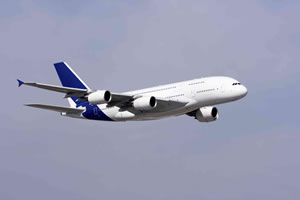



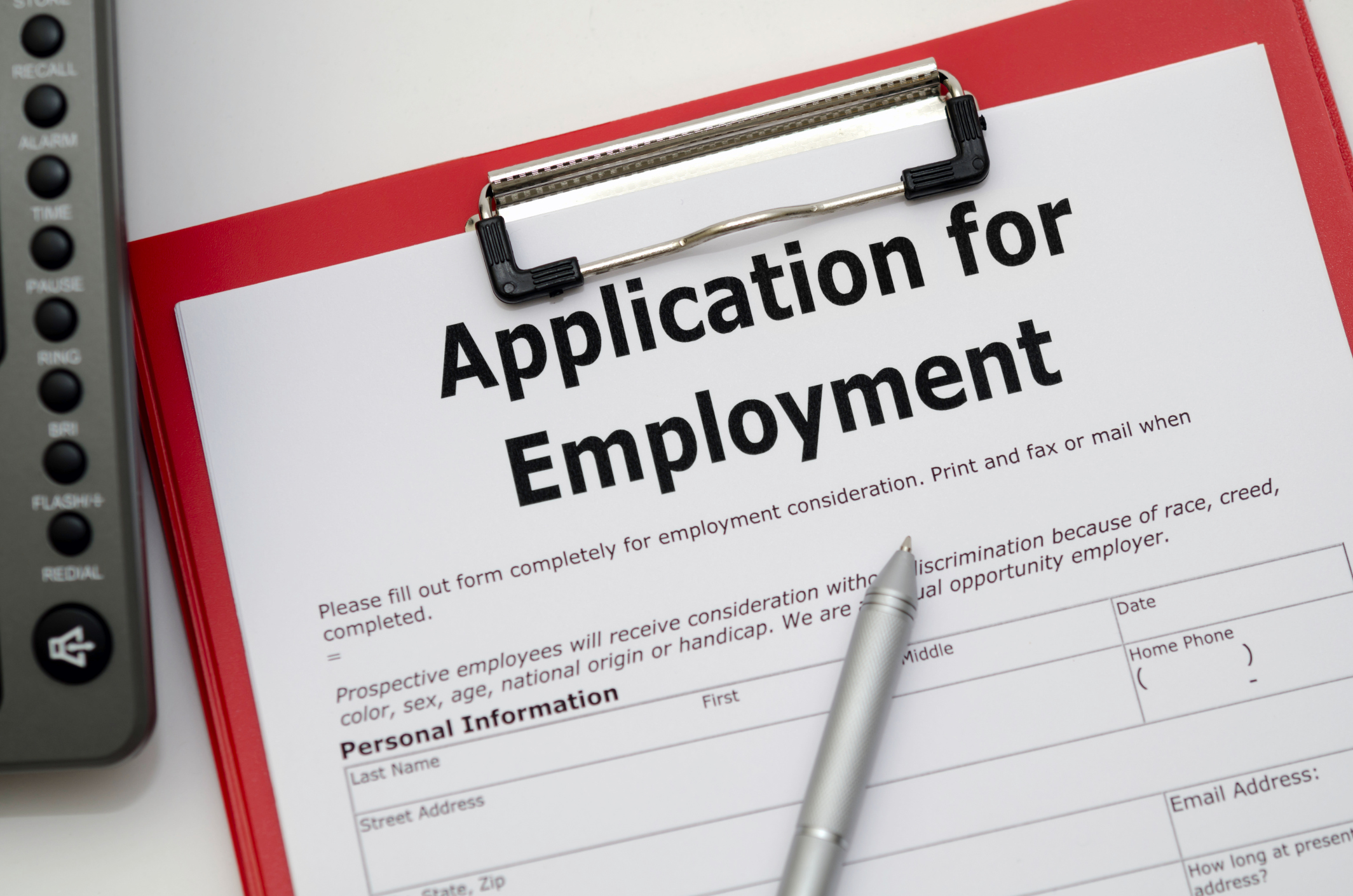
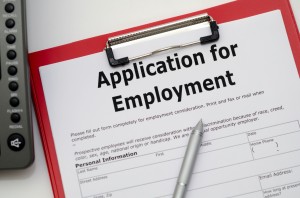 2013 Should prove to be an exciting year for pilot hiring. As of this post Alaska, American, Delta, Hawaiian, United and US Airways have all announced that they expect to hire by the end of the year. The question is,
2013 Should prove to be an exciting year for pilot hiring. As of this post Alaska, American, Delta, Hawaiian, United and US Airways have all announced that they expect to hire by the end of the year. The question is, 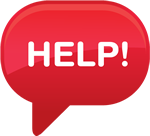




 I recently discovered Facebook. I know what you’re thinking, “Where have you been?” I will have to admit, it is a lot of fun to see what all of my friends are doing. By the same token, I’m still not a huge follower of any of the social networking sites due of privacy concerns. Needless to say, I have been very guarded with my photos and personal/family information with regards to the social networking scene. Just as I started to “loosen up” and thought about posting some family trivia to my Facebook page, I received a call from a seasoned Captain that stopped me immediately in my tracks.
I recently discovered Facebook. I know what you’re thinking, “Where have you been?” I will have to admit, it is a lot of fun to see what all of my friends are doing. By the same token, I’m still not a huge follower of any of the social networking sites due of privacy concerns. Needless to say, I have been very guarded with my photos and personal/family information with regards to the social networking scene. Just as I started to “loosen up” and thought about posting some family trivia to my Facebook page, I received a call from a seasoned Captain that stopped me immediately in my tracks.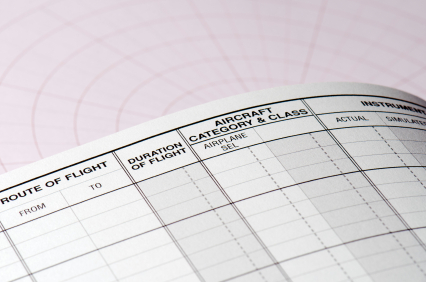
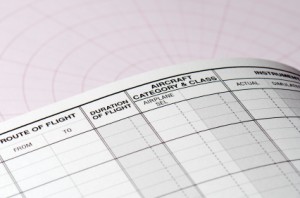 While the aviation industry is still slow, there has been some subtle movement over the last few months. Several companies have been quietly recalling furloughed pilots, in fact, some have even started to do some hiring. Now is the time for you to start preparing your logbooks, your resume, and your game plan.
While the aviation industry is still slow, there has been some subtle movement over the last few months. Several companies have been quietly recalling furloughed pilots, in fact, some have even started to do some hiring. Now is the time for you to start preparing your logbooks, your resume, and your game plan.